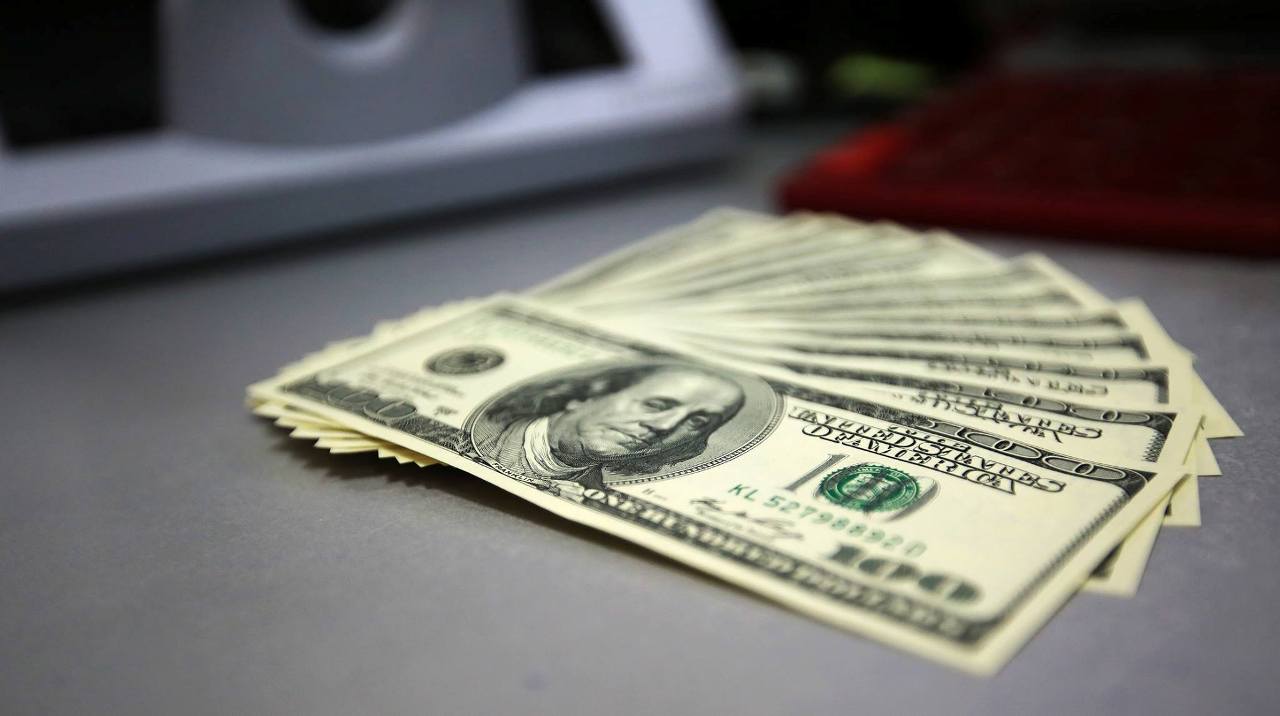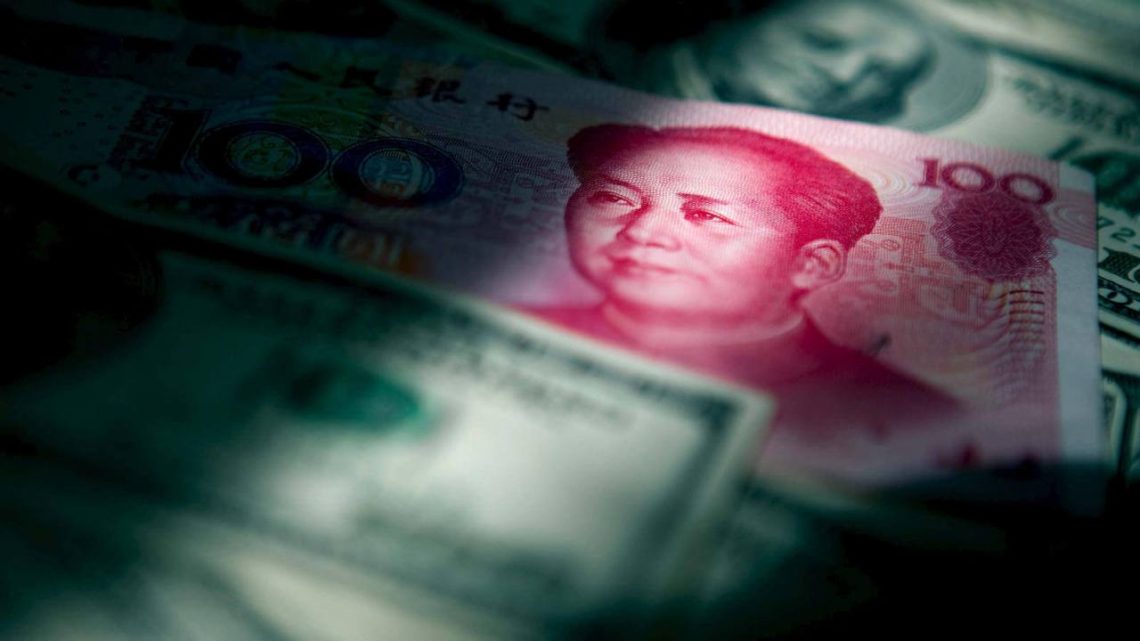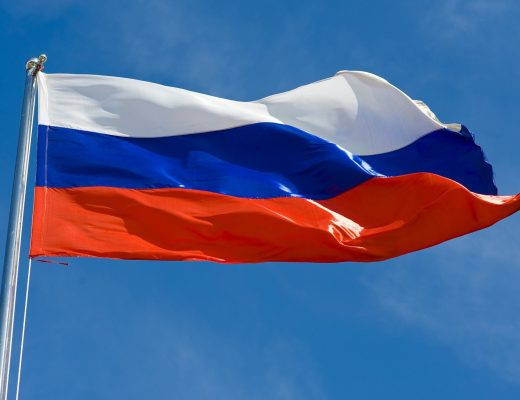How the economies of China and Russia are de-dollarized
Complicated relations between China and the US are only getting hotter, sanctions and restrictions are going on both sides and nobody wants to make concessions. Realizing that the conflict has dragged on, the Beijing authorities are taking drastic measures, hoping that dedollarization of the economy will strengthen its own currency and reduce Washington’s influence on domestic processes. Russia takes the example of China and introduces a number of measures that will reduce the amount of dollars in the country’s budget.
The main method of dedollarization is the replacement of US Treasury bonds by gold. Such actions allow increasing security for the economy and reducing the impact of geopolitical processes.
At the end of 2018, China’s reserves increased by 100 tons of gold, but American government bonds began to be sold. This year the trend continues, and the treasury has already been replenished by 5.9 tons of precious metal. Total assets amounted to 62.64 million ounces.
Interestingly, Beijing stepped up its dedollarization process at the very moment when the trade conflict entered an acute phase. Buying gold by China did not go unnoticed, and the value of the precious metal rose, reaching a maximum of 6 years.
Not only Beijing is interested in reducing the American traders. Central banks in many emerging economies have been buying up gold recently. The trade war between China and the US has affected the world economy as a whole. Peculiarities of supplies have changed, volatility of stocks has increased and traditional relations between the countries have been broken. All this contributes to the growing interest in the precious metal. According to experts, the purchase of gold in large volumes will remain relevant next year.
The main purpose of buying the precious metal for China is to reduce dependence on the dollar. Therefore, the country’s gold reserves are regularly replenished.
Russia is also keeping up with its neighbor and reducing dollar assets. According to the Central Bank of Russia, gold reserves amount to $107.85 billion. The country has been building up reserves of precious metal for several years now, which will help protect the economy from the influence of sanctions.

Experts call the current processes of dedollarization of states’ economies a gold fever. Many banks believe that the dollar will collapse in the near future, and now they are actively increasing the reserves of precious metals. Time will show how true their actions will be, but interest in gold affects its value, which is steadily going up.
Therefore, investors will also consider the precious metal as a profitable investment. Even in case of a slight price increase, it will still bring profit in the long run.










